Soul Roulette
Soul Roulette is a game that combines turn-based progression with a chance-based mechanic centered around a roulette wheel. The player takes on the role of a figure trapped in a shifting environment, where advancement depends on reaching monetary goals. Each round begins with a spin of the wheel, which can result in either gaining money, encountering an obstacle, or triggering a special effect. The goal is to accumulate enough currency to pass through key points in the map, such as crossing a river or unlocking the next area. There is no combat system or direct conflict; all outcomes are derived from the wheel and the tools used to influence it.
Soul Roulette is a game that combines turn-based progression with a chance-based mechanic centered around a roulette wheel. The player takes on the role of a figure trapped in a shifting environment, where advancement depends on reaching monetary goals. Each round begins with a spin of the wheel, which can result in either gaining money, encountering an obstacle, or triggering a special effect. The goal is to accumulate enough currency to pass through key points in the map, such as crossing a river or unlocking the next area. There is no combat system or direct conflict; all outcomes are derived from the wheel and the tools used to influence it.
Wheel Manipulation and Upgrades
As the game continues, the player gains access to various upgrades that affect the wheel’s behavior. Some upgrades allow for damage protection, others increase payout, and certain ones introduce additional balls that multiply risk and reward. All upgrades come with trade-offs. Managing resources becomes necessary for survival, and for future control of the wheel. Cards are also introduced into the system and function as modifiers that change the effects of particular tiles or increase/decrease specific outcomes. The player must monitor the deck and remember which cards remain in play to anticipate future spins.
Among the main gameplay features are:
· A roulette wheel that controls every outcome in the game
· Card-based modifications that can shift the odds of success
· Money collection as the main form of progress measurement
· Upgrade system that alters the number of balls or tile effects
· Environmental progression tied directly to player performance
Decision-Making and Memory
Although much of the game appears to rely on luck, deeper strategy emerges through memory and planning. Since the pool of cards is finite and the wheel layout becomes familiar over time, players can begin to estimate probabilities and reduce risk. Decisions must be made regarding when to spend currency on upgrades, when to play conservatively, and when to risk everything for a larger reward. The presence of an opponent is not required—the primary challenge comes from surviving the system itself. Mistakes are often tied not to chance but to poor resource management or lack of attention to card rotation.
Interface and Design
Soul Roulette uses a simple interface with mouse input for wheel spins and upgrades. The minimalism of the design allows focus to remain on decision-making. There are no time limits, no action-based sequences, and no dialogue trees. Everything is built around cycles, draws, and system interaction. This makes the game approachable for short play sessions while still offering long-term complexity through variation in wheel configuration, card order, and upgrade paths. The design encourages experimentation and learning through repetition.


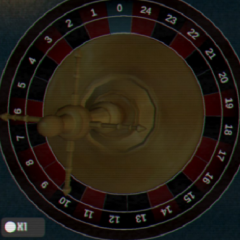





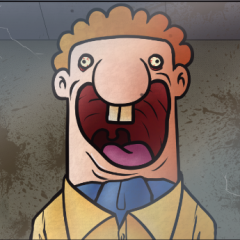
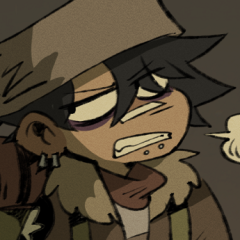
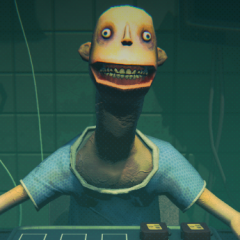

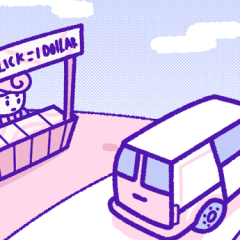

Comments